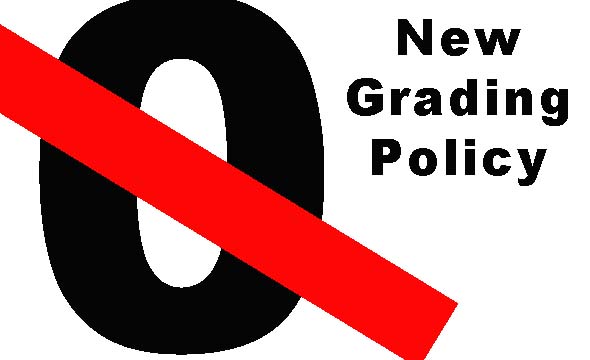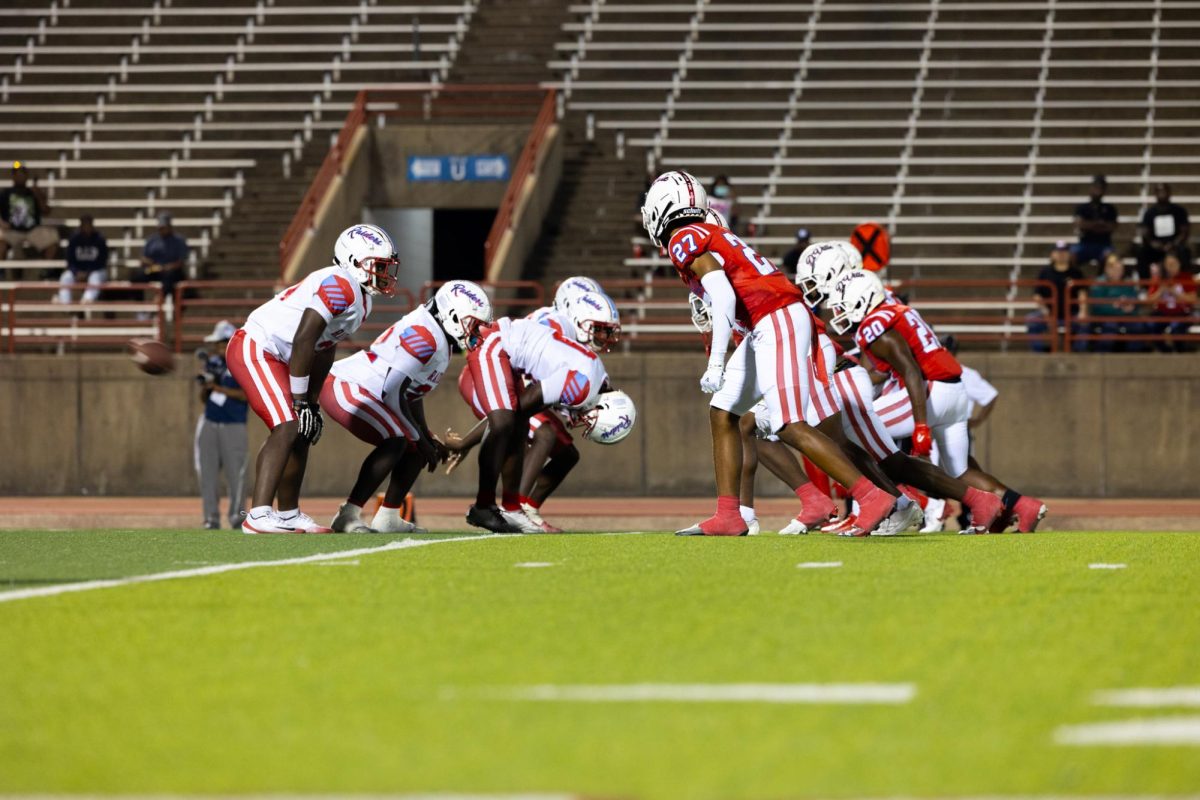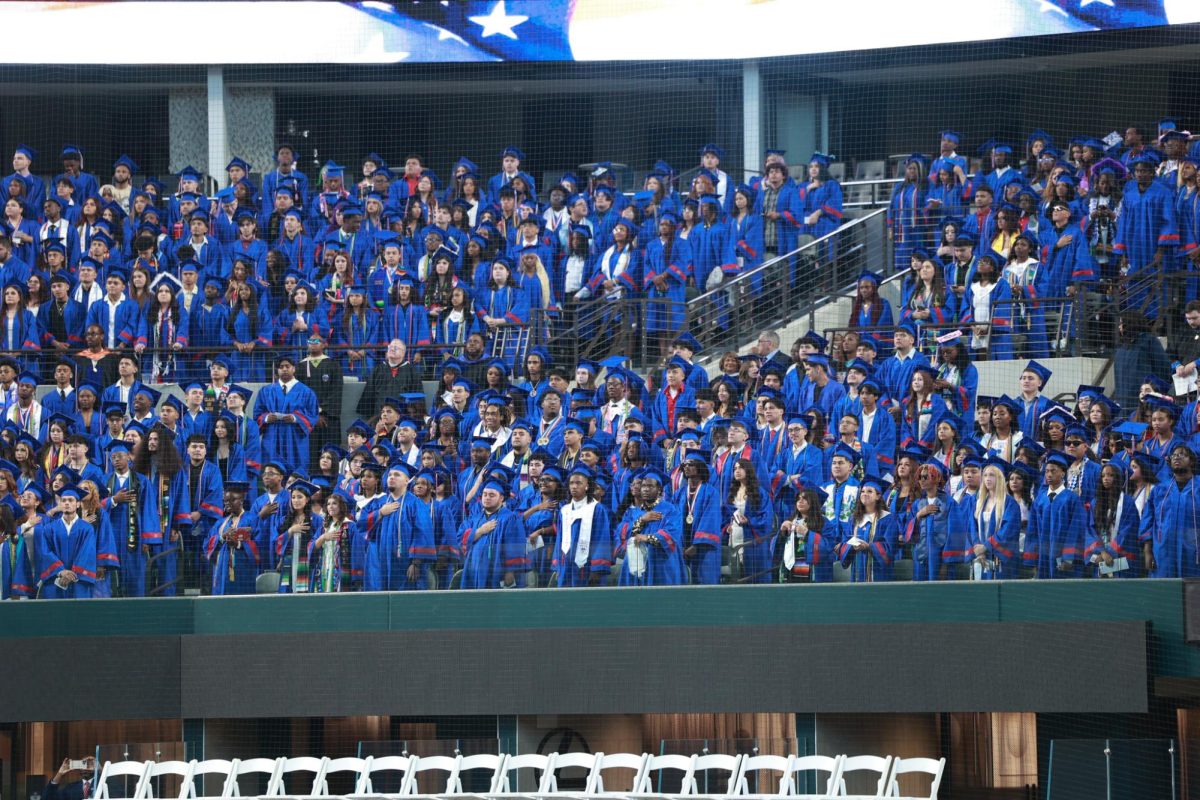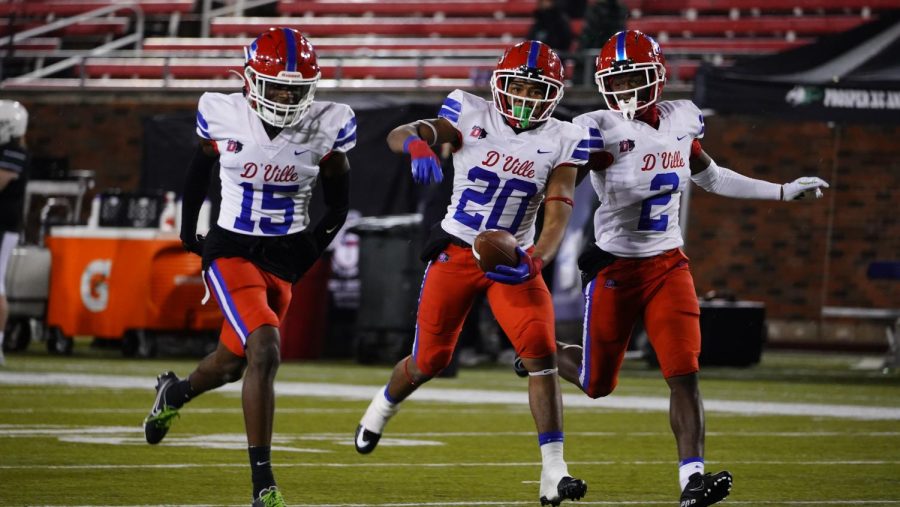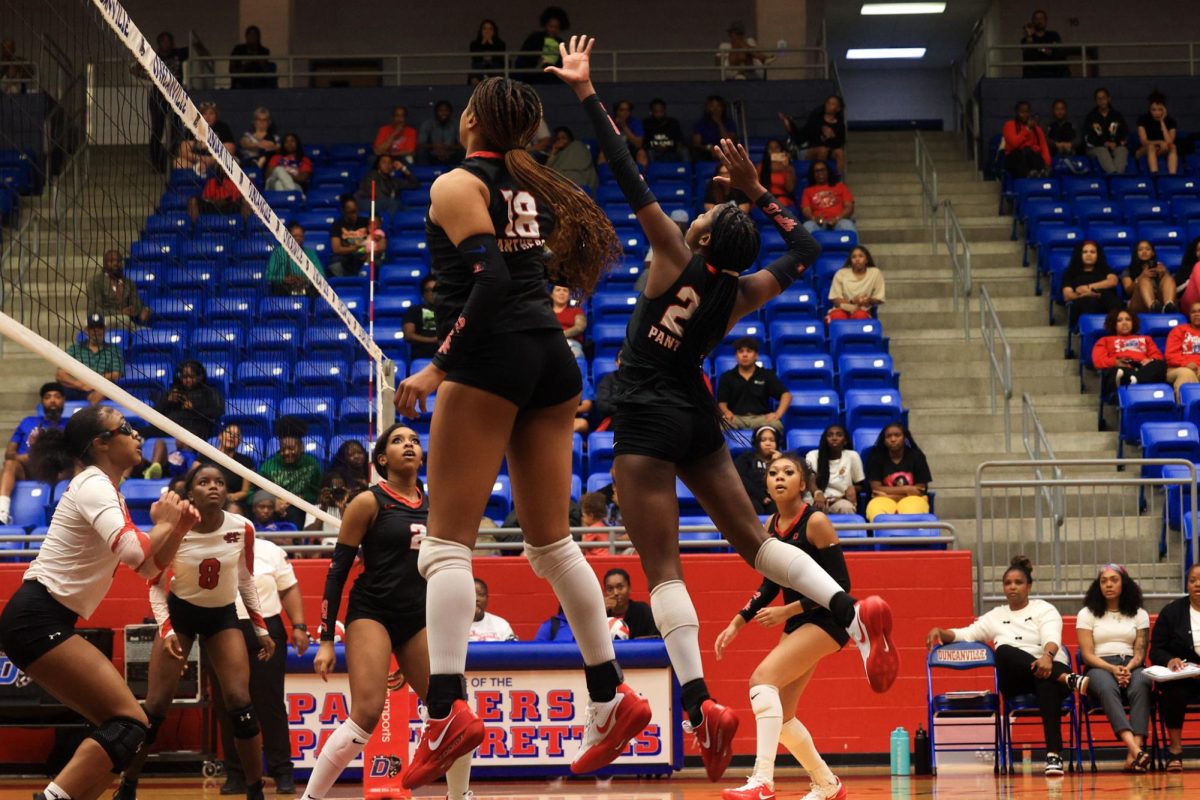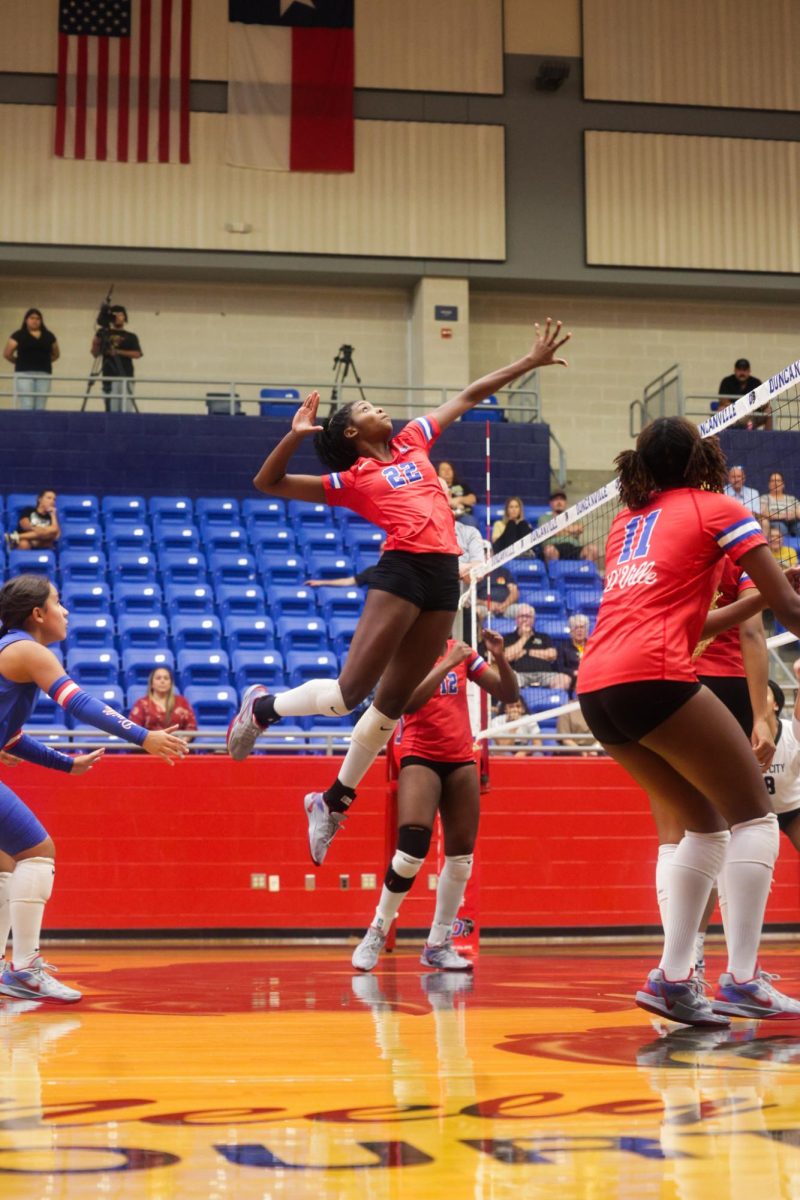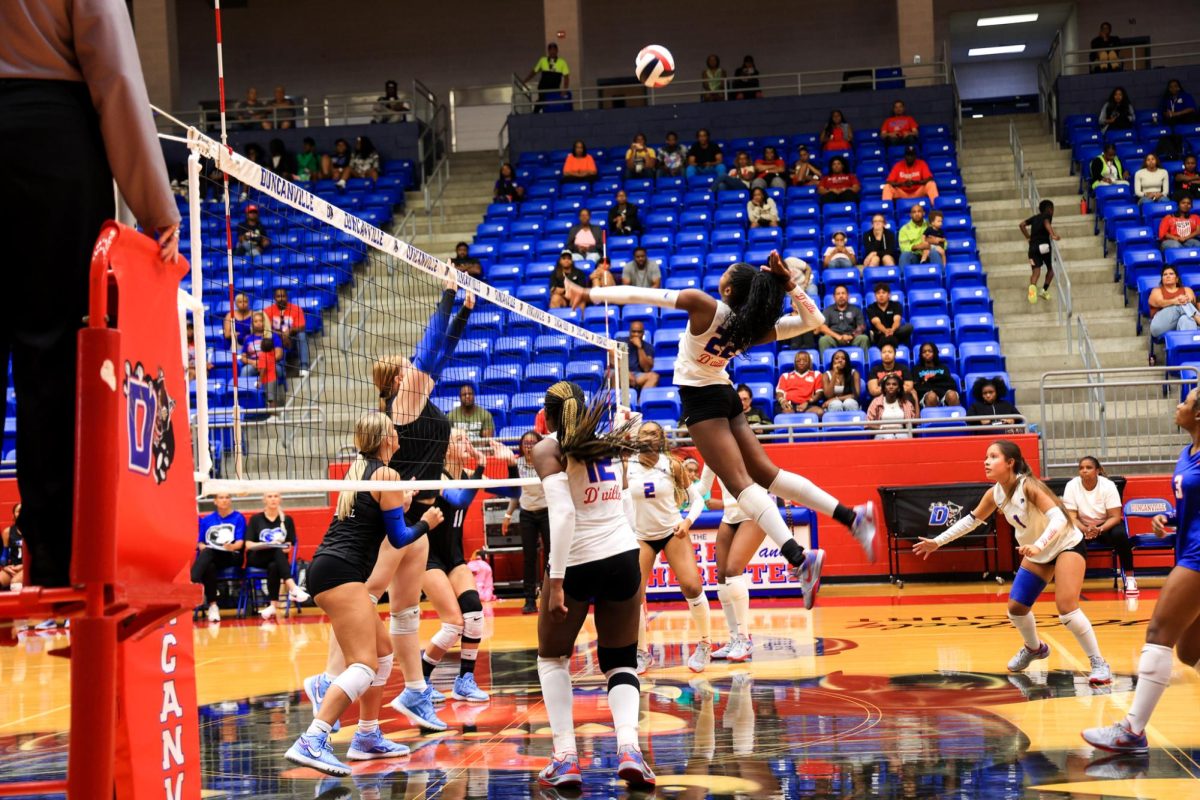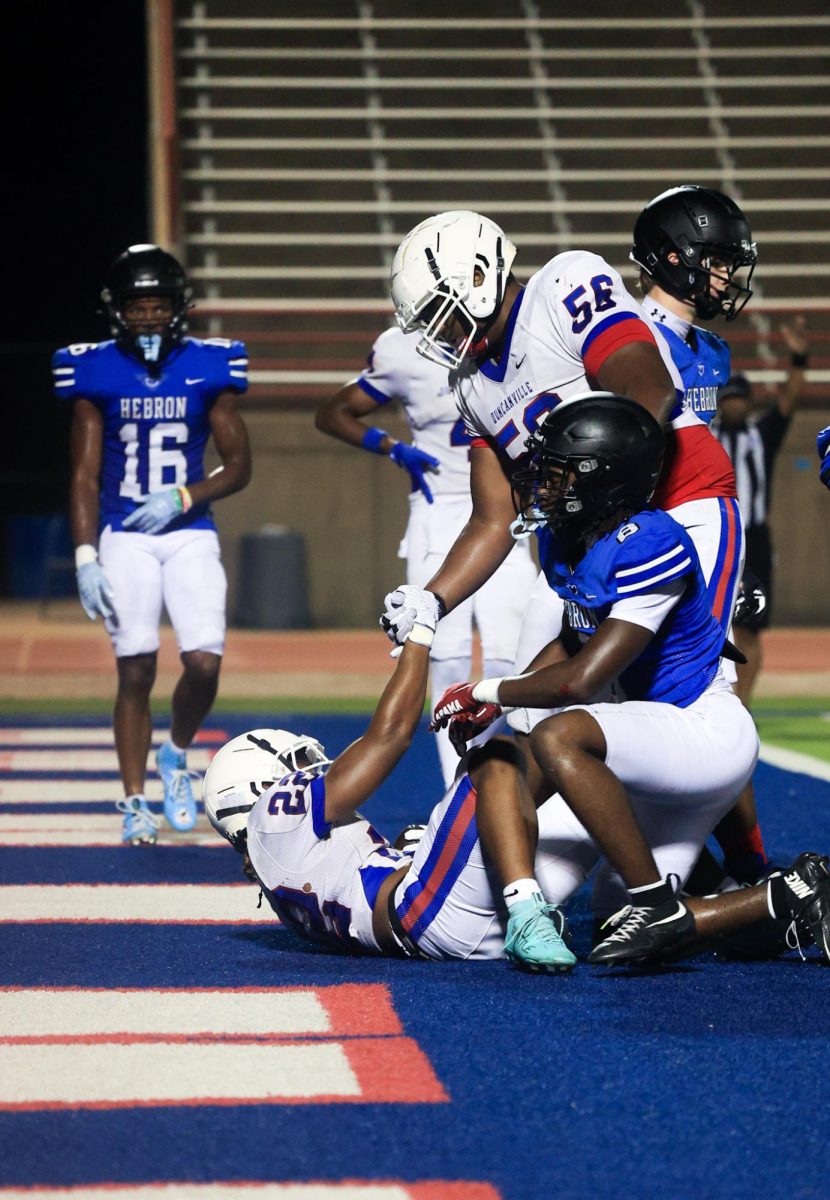
The school year began with new changes including a the Zeros Are Prohibited grading policy aimed at changing students’ attitude toward turning in work. The policy begins with freshman and sophomore math and science classes, spreading to the rest of the school over time.
“Like anything new, I think some people are going to have some reservations and I think other people will embrace it right off,” principal Elijah Granger said. “We are doing it in phases, starting with math and science because data shows that those are the areas where we are struggling the most as a campus.
Granger said the policy was designed to teach students that it would be easier to turn in their work on time than to follow the ZAP procedures. Students are given opportunities past the due date to turn in their work for a reduced grade under the new policy structure. The first day the work is late the student can earn a 69, decreasing by five points each day it is late thereafter. If the student hasn’t turned in the work by the fourth day, they will then be subject administrative disciplinary actions including sitting with the principal after school to finish the work. Sophomore Priscila Leal-Arizpe said even though she is an “A-B” student she sees where the new policy may help in some situations.
“I think that the ZAP policy helps a lot, especially when you’re at the borderline of failing, or for me, just getting a ‘B’. I would definitely rather take a 69 for an assignment than a zero,” Leal-Arizpe said. “I just hope students don’t take advantage of this policy thinking that they could turn in the assignment at anytime and still get a fair grade for it.”
Granger said Part of the policy procedure is to pair upperclassmen with those underclass students who have not turned their work in for after school tutoring. Granger said he hopes the policy not only helps the high school achieve a higher academic level, but also that students will feel more united as a school.
“It’s meant to help the student,” Granger said. “Once the students see we’re really just trying to help them be successful they really appreciate it.”
Granger also hopes the new policy teaches more than just academic progress.
“We hope that the policy teaches students to be responsible as well as teaching them we care,” Granger said. “I think the policy will bring us more together as a community and a school.”

